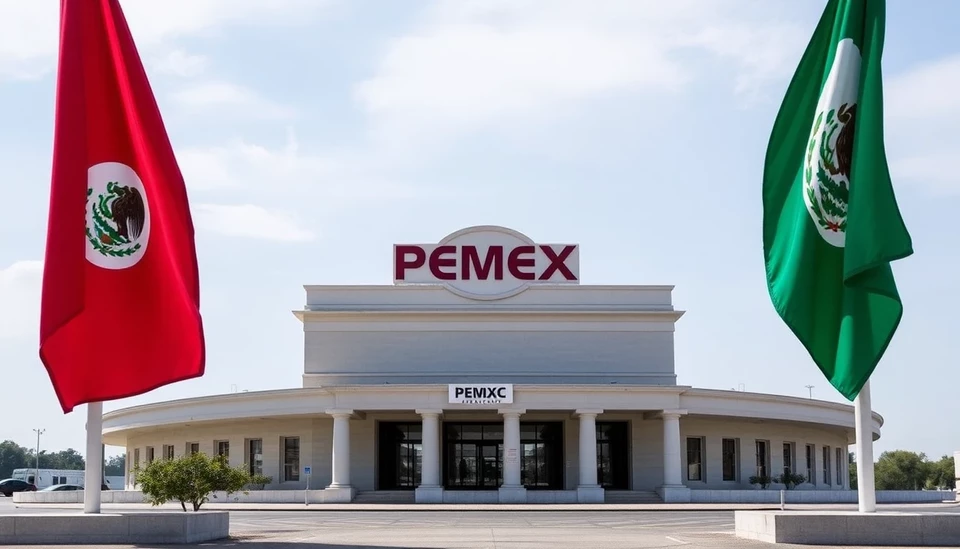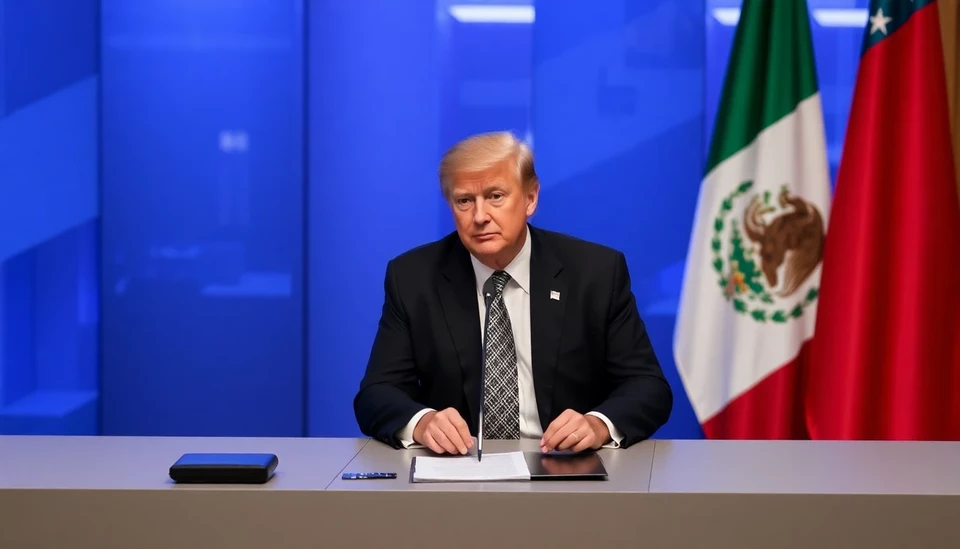
In a significant shift away from traditional financing strategies, the Mexican government has decided against tapping into the market to alleviate the burgeoning debt of its state-owned oil company, Petróleos Mexicanos (Pemex). Instead, the administration under President Andrés Manuel López Obrador is focusing on restructuring the tax regime to find alternative solutions. This decision comes amidst growing concern about Pemex's financial viability and its impact on the country's economy.
This pioneering approach by the López Obrador administration highlights a commitment to manage Pemex's overwhelming \$110 billion debt without resorting to the financial markets, which many analysts argue could lead to further complications and market instability. Instead of borrowing, the government is looking to enhance the fiscal structure surrounding Pemex, aiming to improve productivity and boost revenues from the oil sector.
The proposed modifications to the tax regime are designed to lessen the financial burden on the national oil company while simultaneously addressing its operational challenges. This new framework is expected to provide greater autonomy to Pemex in terms of capital allocation, aligning with the government's long-standing goal of restoring sovereignty over the country’s oil resources.
However, this strategy raises several critical questions among economists and industry experts regarding its feasibility and the potential long-term consequences for Pemex and the broader economy. Many are concerned that relying solely on tax reforms might not sufficiently resolve Pemex's financial obstacles, especially in a global market that is constantly evolving.
The rationale behind avoiding market financing is also rooted in the current geopolitical climate. The Mexican government is wary of the influence that foreign investors might have if the company were to seek significant external funding, especially given the volatile nature of global oil prices and fluctuating energy demands.
This strategic pivot also comes at a time when Pemex has been struggling with declining production rates and increasing operational costs, emphasizing the urgent need for a comprehensive restructuring plan. Government officials believe that prioritizing tax reforms could energize the industry, leading to better operational efficiency and more profitable state revenues.
Despite these ambitions, challenges remain. The implementation of a revised tax system that truly supports Pemex without giving rise to new issues will require careful management and possibly extended negotiation with various stakeholders, including the union and local communities impacted by Pemex's operations.
In conclusion, Mexico's decision to eschew market borrowing in favor of a reimagined tax framework for Pemex marks a significant departure from previous practices. As the government seeks to navigate the complexities of revitalizing the oil sector while maintaining economic stability, stakeholders will be watching closely to gauge the efficacy of this unorthodox approach.
#Mexico #Pemex #OilDebt #TaxReform #EconomicStrategy
Author: Victoria Adams




